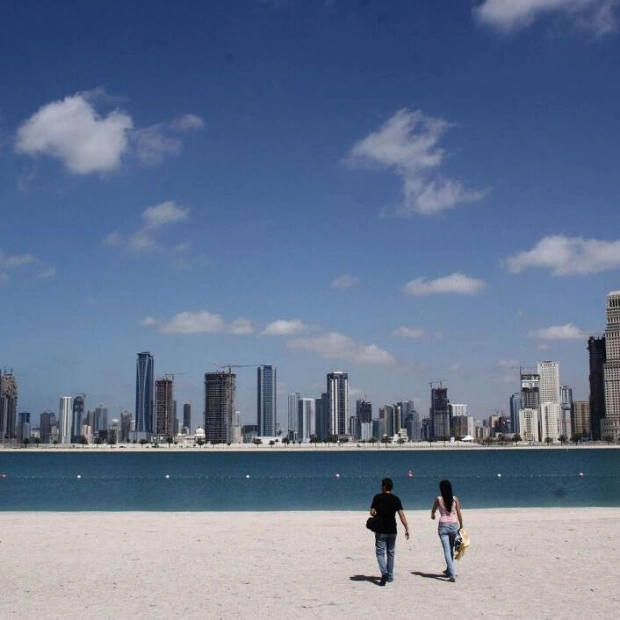What would it be like to grow up in multiple homes or in a culture different from your parents' upbringing? How do you define 'home'? Ask a group of expats, and you'll receive varied responses, yet they all share a common thread. These individuals, known as expats, global souls, or citizens of everywhere and nowhere, are often referred to as Third Culture Kids (TCKs). They are people who spend a significant portion of their formative years in a country other than their parents' homeland, eventually moving to a 'third culture' to live, study, or work. Their lives are shaped by multiple cultures simultaneously, living not just in one world but also in the spaces between.
As globalization progresses, the number of TCKs is increasing, creating a distinct group with shared experiences and challenges, each with a rich, storied background. Key factors shaping the TCK experience include frequent mobility, leading to a transient lifestyle and exposure to diverse cultures. While this can be a positive life experience, TCKs often struggle to identify a permanent cultural home. For them, 'home' might not be a physical place but a series of experiences and emotions.
The lack of a singular cultural anchor offers greater adaptability and open-mindedness but can also make them feel like outsiders in both their parents' culture and the countries they reside in. This unique blend of experiences shapes their worldview and identity. My son, of Indian origin but born and raised in Dubai, is now studying in the US. His initial connections at university were with fellow TCKs, who shared similar experiences of growing up away from 'home'.
Alexandra Dewar, a true TCK, was born in Scotland, raised in the Middle East (UAE and Saudi Arabia), then in New Zealand, back in Scotland and London, and now calls Dubai her home. She feels the advantages of being a TCK outweigh the challenges, making life more interesting and moving to different countries feel natural.
Amber Barron, of British origin, grappled with her TCK identity during her formative years. She eventually embraced her multicultural upbringing, seeing herself as a citizen of the world rather than one particular country.
Sarah Alexandra Morris, who was born in London, grew up in Dubai, studied in Switzerland, and is now back in Dubai running her own business, finds that her multicultural experiences make it easy to form friendships and adapt to different cultures.
In a world that thrives on change, TCKs' lives are woven from multiple cultures and varied stories. The concept of 'home' is fluid, encompassing several places rather than a singular location. Dr. Ruth E. Van Reken highlights that individuals may experience 'cultural homelessness,' feeling they belong everywhere yet nowhere. Research shows that while TCKs face challenges, their global upbringing often prepares them to thrive in multicultural environments, enhancing their creativity and broadening their worldview.
Tala Majzoub, who grew up in Lebanon, lived in Qatar and the US, and now works in Abu Dhabi, writes about her search for home. For many TCKs, home is not just a place but a feeling. A child who grew up in Dubai will feel nostalgic about the World Trade Centre, a Thursday-Friday weekend, Al Nasr Leisureland, and Oman Chips, regardless of their nationality. As the world becomes more interconnected, the TCK experience may soon become the norm rather than the exception.






